
Dating can be challenging for anyone, but especially for those who are in recovering from addiction. Navigating the dating scene without the crutch of alcohol or drugs can be daunting, particularly for those in the early stages of recovery.
Fortunately, there are healthy ways to approach relationships in recovery that don’t compromise your physical and emotional stability.
Should You Date in Recovery?
Romantic relationships are the kind of things that can either be really good for you or really bad. For people with a history of substance abuse, the idea of dating without the crutch of alcohol or other drugs may be difficult.
In fact, for the newly sober, dating too soon can cause more harm than good. Dating can also be a source of stress, conflict, temptation, and emotional turmoil for people trying to change their lives and heal from their past.
These can distract you from your recovery or drive you back to unhealthy habits such as substance use. Dating too soon can also lead to unhealthy or codependent relationships, particularly if you or your partner aren’t ready for romantic relationships yet.
It is also common for people with addiction to have a history of codependent or abusive relationships. Because drugs and alcohol can fuel violent and antisocial behavior, relationships are often extremely unstable.
Moreover, many people with substance use disorder or other addictions may have very limited, if any, experience with sober sex or dating.
Even in long-term relationships, people with addiction tend to seek partners who will support and not criticize their substance abuse and related behaviors. As a result, few people recovering from addiction have much experience with healthy dating.
With all that said, should you, or should you, not date while in recovery? The short answer is that it depends on many factors, such as your level of readiness, motivation, stability, and support.
Ultimately, dating is a personal decision that depends on individual circumstances. However, it’s important, to be honest with yourself and your partner before dating someone in recovery.
Make sure that you’re ready for a healthy and supportive relationship and not just trying to fill a void or escape from your problems. You should also be aware of the potential risks and challenges of dating in sobriety.
Remember that your recovery should be your main priority, and dating is not a necessity but a choice.
Ready to start your recovery journey? Call us today at (424) 242-1130 and learn how design for recovery can improve your life.
Call Design for Recovery to Begin Your Healing Journey!
Reach out to our team to discuss sober living options and next steps toward a healthier routine.
The Importance of Establishing Healthy Relationships
The addiction recovery process is both challenging and rewarding. It also requires a lot of support and encouragement.
One of the best sources of support is your relationships with people who understand and respect your recovery goals.
Establishing healthy social support (whether through dating, friendships, or peer groups), particularly in early recovery, can be great for your overall well-being in many ways. It can:
Provide emotional support and companionship. Old and new relationships can help you cope with stress, loneliness, and negative emotions that may trigger cravings or relapse. A good partner can also celebrate and recognize your achievements and milestones, which can go a long way in improving your motivation to keep going.
Enhance your self-esteem and confidence. A healthy relationship can make you feel valued, appreciated, and respected for who you are as a person. They can also help you recognize your strengths and talents and encourage you to pursue your interests and passions.
Improve your physical health and wellness. Social support from your positive relationships can inspire you to adopt healthier habits, such as eating well, exercising regularly, sleeping enough, and avoiding substances. A healthy partner can also join you in these activities
,making them more fun and enjoyable.Expand your social network and opportunities. New relationships can introduce you to new people, places, and experiences that can enrich your life and recovery. They can also help you find meaningful work, education, or volunteer opportunities to boost your skills and self-worth.
What Does a Healthy Relationship Look Like?

Every relationship is unique, so it’s no surprise that healthy relationships may look and feel different depending on who you ask.
Regardless, while the definition of a healthy relationship may vary, there are some key characteristics that experts agree on.
Mutual Respect
When a relationship is based on mutual respect, both partners value each other’s feelings, opinions, preferences, and boundaries.
They don’t try to change or control but rather support and encourage each other’s growth and development.
Open and Honest Communication
Being in a relationship also means communicating openly and honestly without fear of judgment or criticism. Partners will listen to each other’s wants and needs while trying to find compromises and solutions for conflicts that work for both.
Trust
While the saying claims that “love makes the world go ’round,” trust makes love go ’round. You want faithfulness and loyalty, and you want the guarantee that your partner won’t lie, cheat, or hurt you.
Aside from that, mutual trust means respecting each other’s privacy and personal space, keeping promises and commitments, and doing your best not to let each other down.
Affection
Finally, healthy relationships are based on love and care. This means showing your partner that you adore them through words and actions.
This can sometimes take the form of compliments, verbal appreciation, or expressing gratitude for each other. Or this could look like hugs, kisses, or cuddles. Holding hands and making time for intimacy and romance is just as important as simply having fun together, laughing, and enjoying each other’s company.

Toxic Relationships: How They Poison Your Life and Derail Your Recovery

Dating in recovery can be a rewarding and fulfilling experience, but it also comes with challenges and risks. Relationships formed early in recovery may not always be good for you, particularly if you or your partner don’t have healthy boundaries or aren’t mentally ready yet.
The truth is addiction recovery is a delicate and vulnerable process. It requires a lot of care and protection. One of the worst threats to your recovery is having a toxic relationship with someone who undermines and sabotages your recovery goals.
Unhealthy partners can do a lot to distract you from your recovery work. Here are some of the downsides of having a toxic relationship while you’re trying to heal:
You might lose focus on your own goals and needs. Dating a toxic person might demand a lot of your attention, time, and energy, leaving you with little room for self-care and personal growth.
Toxic relationships cause emotional conflict and distress. Unhealthy relationships can make you feel anxious, depressed, angry, or guilty for no reason. Your partner may also manipulate, criticize, blame, or abuse you verbally or physically, lowering your self-esteem and confidence.
You might isolate yourself from your support network. A toxic partner might try to control who you see and what you do, making you feel guilty or ashamed for spending time with your friends, family, or recovery group. This can make you feel lonely and disconnected from those who care about you.
Unhealthy relationships can make you compromise your values and boundaries. A toxic person might pressure you to do things against your morals or beliefs, such as engaging in risky behaviors or breaking the law. You might also risk relapsing back to old patterns of drug and alcohol abuse, which can negatively affect your recovery journey.
Don’t let addiction and unhealthy relationships ruin your life. Call Design for Recovery today at (424) 242-1130 and start your journey to freedom.
Contact Design for Recovery Today!
Fill out our quick form to connect with a peer mentor and learn how our sober living community supports accountability, structure, and personal growth in recovery.
Dangers of Dating in Early Recovery
If you’re newly sober, you may have heard that dating is discouraged during the first year of sobriety. The recovery community usually advises people in early recovery to avoid dating completely.
Why is that? There are several reasons for this, but the main one is that dating can distract you from your recovery goals and be a source of stress and temptation.
Dating can also trigger emotional issues you may not be ready to deal with, such as codependency, insecurity, or resentment.
Here are some potential reasons why you should avoid dating in early recovery:
Your Date Might Drink
There’s nothing inherently wrong with going on a date with someone who drinks. But for someone in the first year of sobriety, this can complicate things.
You might also feel pressure to join your date by ordering a beer to be sociable. With a stronger foundation of recovery and solid, healthy coping skills, this impulse is easier to override. But most people find it very difficult in the first year of sobriety.
Dating Complicates Mental Health
Dating can be a source of incredible highs — and equally devastating lows. When things don’t go as planned, or you’re dumped without ceremony, finding solace in drugs or alcohol can be a powerful temptation. But even the highs can be dangerous.
Being in love can be so powerful that it can delude many people into thinking that their lives are perfect, that they’re invincible and have superpowers. This kind of magical thinking can lead people to drink — which is likely to ruin the relationship that’s making them so happy in the first place!
Dating Can Take Away Your Focus on Recovery
You need time to heal from your addiction and to develop a healthy sense of self. You also need time to build a strong support network and practice new skills to help you deal with your alcohol or drug addiction and prevent relapse. Dating in recovery can divert your attention from these important tasks and make you neglect your needs.
You’re Probably Not Great Dating Material Yet
Chances are, after years of alcohol and drug abuse, the external circumstances of your life aren’t in the best shape. Some people struggle with chronic disease as a direct result of their alcoholism. At the very least, you probably have a beer belly, dress badly, have a rancid fridge, and a cluttered apartment.
Many people in recovery are unemployed or precariously employed with very little savings — and a lot of debt. Maybe you didn’t even finish high school.
While there are people who don’t care about any of this, and certainly much of it is superficial, you’d be far better off fixing these problems before focusing on dating.
Even if you arrive in recovery materially better off than some people, it’s doubtful that you’re doing well internally. Years of substance abuse do some pretty serious damage to mental health.
You probably have a lot of emotional, intellectual, and behavioral patterns left over from your days of active addiction that you need to work on. Doing so will make you a better potential partner and more attractive to romantic interests.
Early Recovery is About Unlearning Sexually Risky Behaviors
Even if you have a lot of dating, relationship, and sexual experience, it is more than likely that much of it involves alcohol-fueled one-night stands.
Alcohol use is often associated with risky sexual behaviors. Many don’t use condoms or practice safe sex. At times, people in recovery may not have a great understanding of the idea of consent. You may have to relearn many basic skills obvious to many people your age.
For this reason, dating in early recovery may not be the best idea. Instead, you can use this time to reexamine your past relationships and sexual behaviors to understand what you want out of your future romantic relationships.
If you want to unlearn your sexually risky behaviors and build a healthy and sober life, Design for Recovery can help you. Call us today at (424) 242-1130 to learn more.
Tough days might come, but with our supportive sober community, you’re never alone. Whether transitioning from a rehab center or another sober living in Los Angeles, we’re here to help. Our success stories statnd testament. Contact us to know more.
How to Have a Healthy Relationship in Recovery
Whether you are newly sober or have been in recovery for a long time, you may wonder how to navigate the dating scene without jeopardizing your sobriety.
Here are some tips and strategies to help you date in recovery over the long term.
Date when you’re ready. After the first year of recovery, people tend to have a stronger foundation. If you’re hoping to have a healthy romantic relationship, it’s important to wait until you’re physically, mentally, and emotionally ready. Of course, this doesn’t mean you absolutely have to wait one year before you begin dating someone. If you feel settled into your sober life and are confident that you can stay sober, go for it!
Know yourself and your goals. Before you start dating, having a clear sense of who you are and what you want from a new relationship is important. Knowing yourself and your goals can help you find compatible partners who share your vision and respect your recovery. You’ll probably know better whether you’re looking for a romantic relationship or multiple purely sexual relationships. Both are acceptable, but it is important to have clarity about what you want and how it fits into your recovery.
What are your values, interests, hobbies, and passions? What are your boundaries and expectations? What are your deal-breakers and red flags?

Set boundaries. Boundaries are essential for any healthy relationship, especially for people in recovery. Boundaries help you protect yourself from situations that may trigger cravings or jeopardize your sobriety. Setting boundaries can help you maintain your integrity and self-esteem and prevent resentment and codependency.

Be honest and upfront. When you meet someone you like, you may wonder when and how to disclose your recovery status. There is no right or wrong answer to this question, but it is advisable, to be honest and upfront as soon as possible. You don’t have to share all the details of your past drug or alcohol abuse, but you should let them know that you are sober and why. This way, you can avoid misunderstandings, awkward situations, and potential triggers if they are supportive and understanding; great. If they are not, then they are not the right person for you.
Seek support and guidance. Dating in recovery can bring up a lot of emotions and challenges that may test your sobriety. That’s why seeking emotional support and guidance from people who understand what you are going through is essential. You can talk to your sponsor, therapist, recovery coach, or sober friends for advice, encouragement, or accountability. You can also attend meetings, groups, or online forums to connect with other people in recovery who are dating or have dated successfully. With a social support system in place and a strong recovery program, the risks of dating are somewhat mitigated.
Have fun and be yourself. Sober dating does not have to be boring or stressful. It can be a fun and rewarding experience that allows you to focus and explore new aspects of yourself and others. You can discover new activities, hobbies, places, and people that enrich your life and support your sobriety. You can also express yourself authentically and confidently without hiding behind a substance or a mask. Remember that you are worthy of love and happiness and that you have a lot to offer to someone who appreciates you for who you are. If you ever find yourself wondering “Why am I not happy?” while navigating these experiences, consider checking out our article for some helpful perspectives.
Ultimately, the most important factor in sober dating isn’t how much time you spend on dating sites but how effectively you prioritize your recovery.
Need Help With Relationships During Recovery?
Dating in recovery can be challenging, but it doesn’t have to be impossible.
If you are looking for a sober living community in Los Angeles that can help you maintain your sobriety while exploring new relationships, look no further than Design for Recovery.
Design for Recovery is a leading sober living home that offers structured sober housing with peer support and routines of recovery for men who want to live happy and productive lives in sobriety. At Design for Recovery, you will find:
A safe and supportive environment that is free of drugs and alcohol
A structured and accountable daily routine that helps you develop healthy habits and skills
A network of peers who share your goals and challenges and who can offer mutual support and encouragement
A variety of activities and events that foster social interaction, personal growth, and fun
Convenient access to off-site 12-step meetings and community resources that can help you address the underlying issues of your addiction and heal from trauma
Peer guidance and mentorship from people who have been through recovery themselves and who can help you navigate the dating scene while staying sober
Design for Recovery is more than just a place to live. It is a place to grow, learn, and thrive.
By joining Design for Recovery, you will improve your chances of achieving lasting sobriety and enhance your quality of life and your relationships.
Whether you are new to recovery or have been sober for a while, Design for Recovery can help you take your recovery to the next level. Contact us today to find out more about our program and how we can help you build a solid foundation for your future.
- Should You Date in Recovery?
- The Importance of Establishing Healthy Relationships
- What Does a Healthy Relationship Look Like?
- Toxic Relationships: How They Poison Your Life and Derail Your Recovery
- Dangers of Dating in Early Recovery
- How to Have a Healthy Relationship in Recovery
- Need Help With Relationships During Recovery?
Begin Lasting Sobriety Now!
NIDA. “Treatment and Recovery.” National Institute on Drug Abuse, 9 Mar. 2023, https://nida.nih.gov/publications/drugs-brains-behavior-science-addiction/treatment-recovery Accessed 13 Jul. 2023.

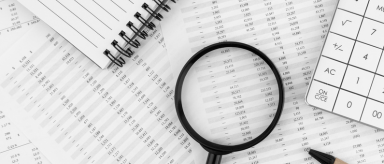
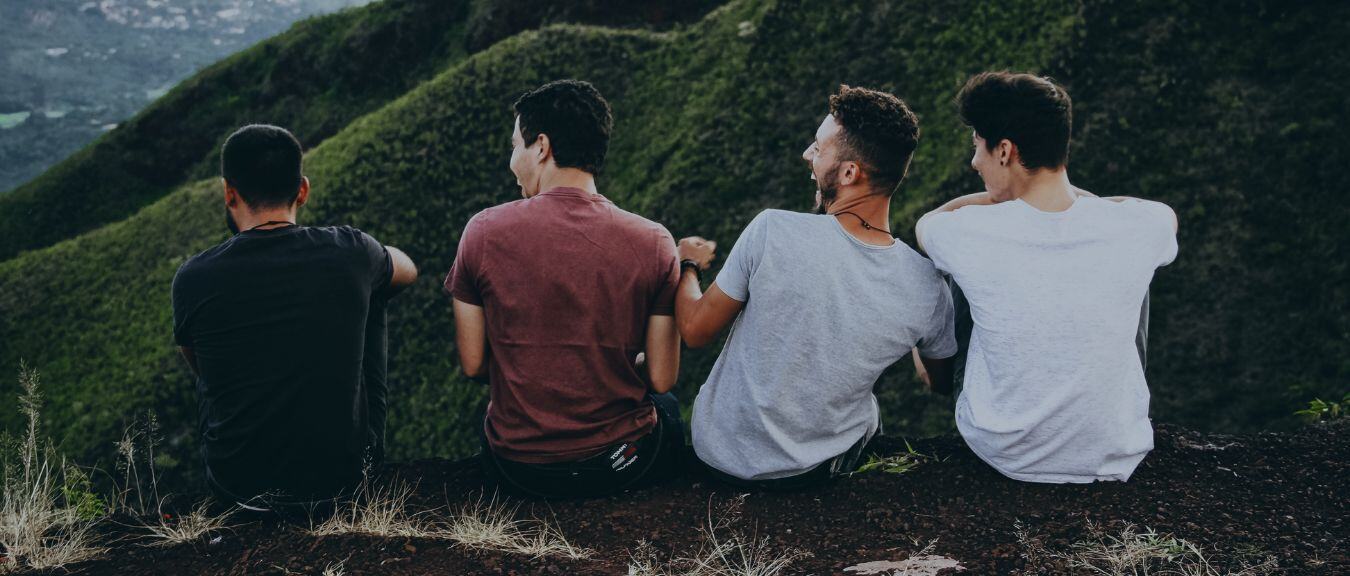

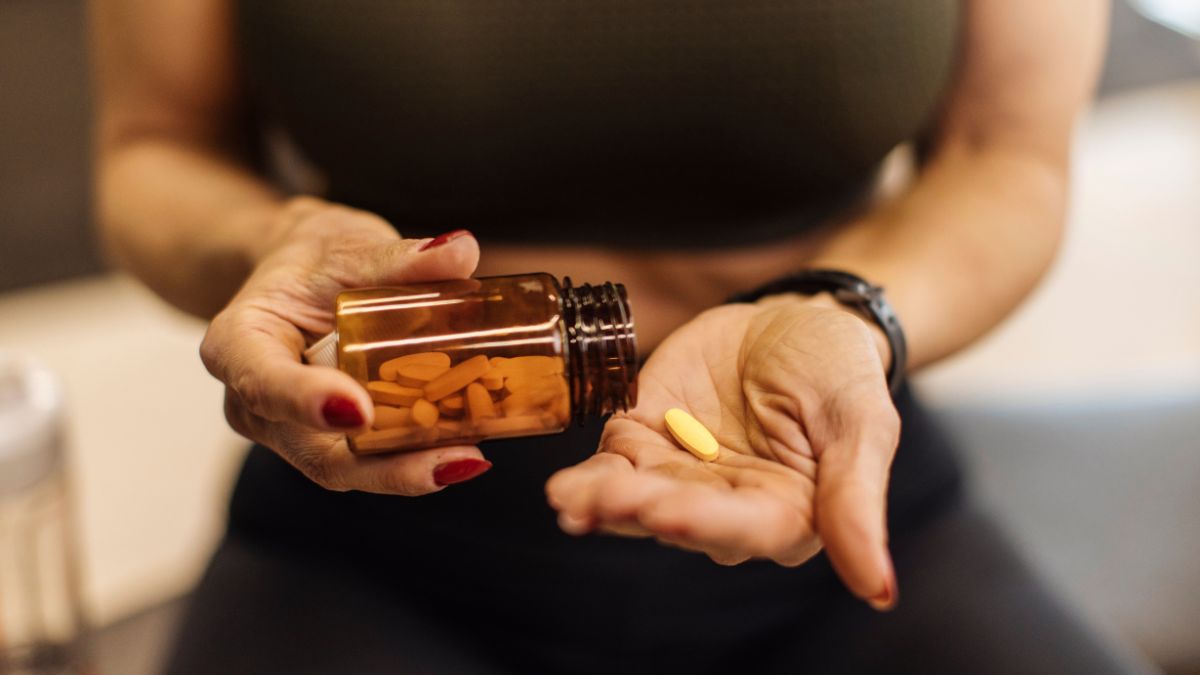
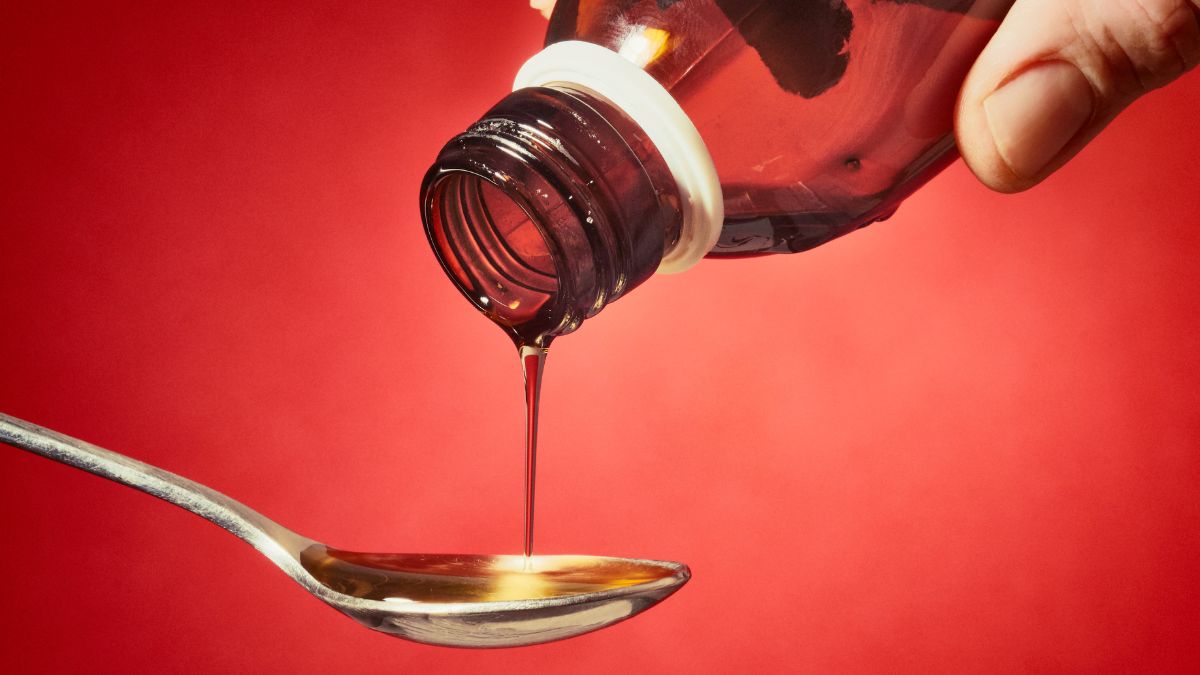
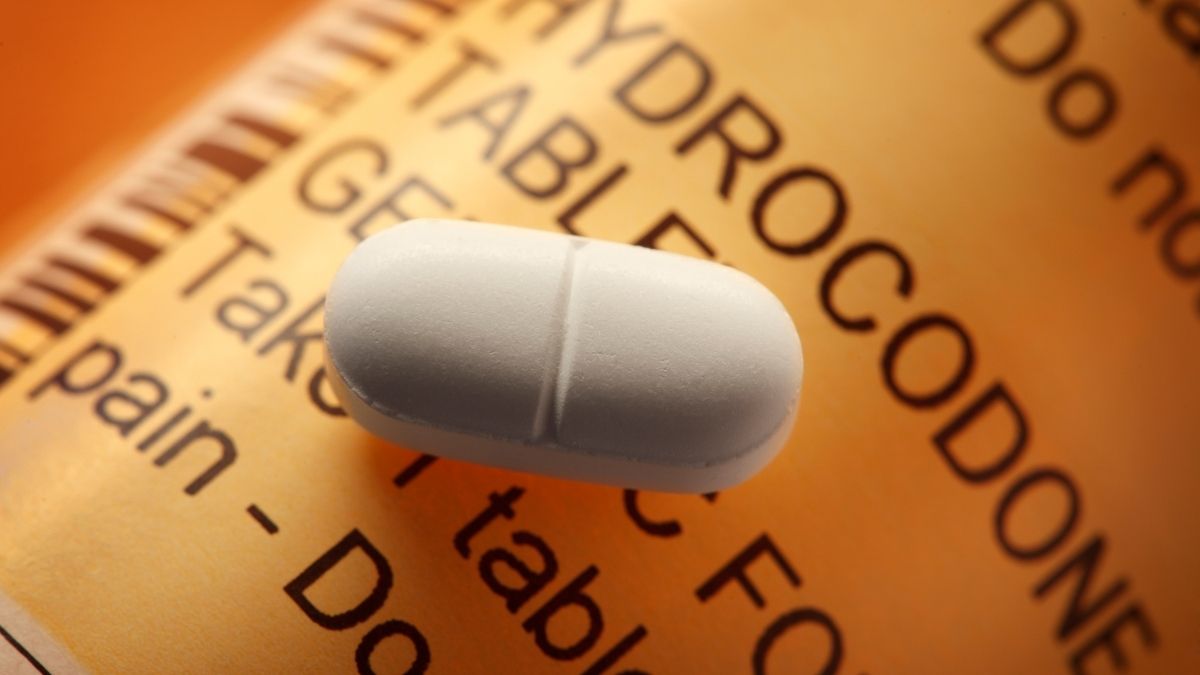
Written By
David Beasley